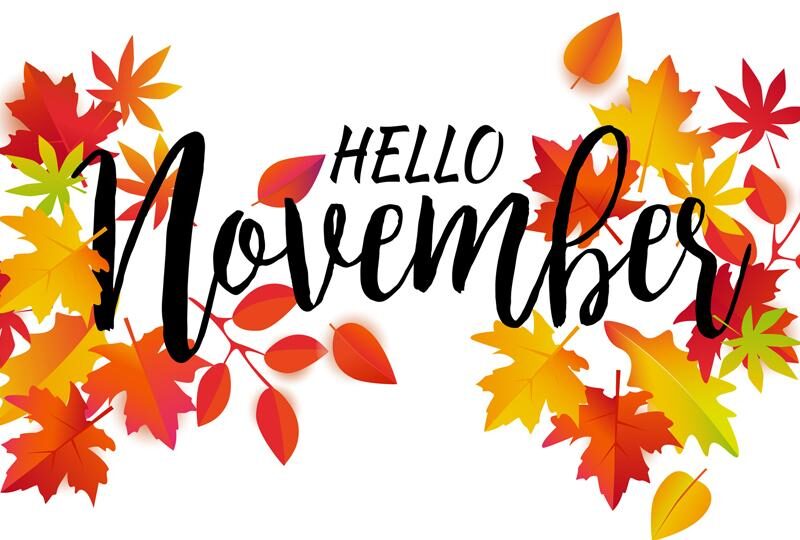Get It All Off Your Chest
I met an old friend in the grocery store today. We don’t see each other that often, and when we do it’s mostly about getting our kids together, but we have lots in common as parents. We both have three boys. We’ve both adopted. We both have kids who have experienced trauma. We both have kids with learning disabilities. So when we do get together, there’s no shortage of common ground to begin a conversation.
As we were catching up by the deli counter (probably annoying other customers in the process), it struck me how fortunate I am that I have many of these people in my life, who let me vent and complain about the difficulties of parenting, who listen and commiserate, who share in turn, who offer suggestions about how they’ve dealt with one issue or another – in short, who offer unofficial family counselling whenever we get together.
And that’s important. Because, unlike most relationships in our lives, when we have struggles as parents, we can’t always address the problems directly with our kids. While it’s important to be as open and truthful with them as we can, they’re not always (or even often) mature enough to understand or cope with the emotions we feel as parents.
For example, a birth parent to one of my kids doesn’t do a great job of following through on the promises he makes. He doesn’t always show up when he says he will. He talks about grandiose trips and gifts that he can’t hope to follow through on. This hurts my kid, and it makes me angry, but I can’t really express that anger with my kid. I can assure him that his birth dad still loves him, that no one is perfect, and that this is just an area where his birth dad isn’t perfect. I can help him moderate his expectations. But I can’t actually express to him how angry I am at his birth dad. It wouldn’t be helpful. He isn’t emotionally able to deal with all of my emotions on top of his own.
Or, in the case of my youngest son, I worry very much about how he struggles with reading. We’re working hard at it, and we’re making progress, but I know how difficult it is to get through school without those basic reading skills, and I worry that he’s falling too far behind. But I can’t share those feelings with him. I can let him know that we’re all here to help, and I can encourage him to keep plugging away at it, but sharing my concerns would only stress him out and make things that much more difficult for him.
If these were adult relationships, where I had some expectation that I was working with emotionally mature people, I might be able to raise these things in a productive way, which would let both sides (hopefully) work through their emotions. But by its very nature, a parent-child relationship always involves a certain degree of emotional immaturity on one side (sometimes both, unfortunately), and it isn’t always appropriate for parents to express and process their feelings fully with their kids.
This is why we need understanding people to let us work through those emotions in a place that won’t be harmful to our kids. Spouses can provide some of that role, but they’re too often dealing with the same issues themselves. They’re too close to the same situations. We need other people – friends, neighbours, extended family, counsellors, pastors, social workers, or whatever – to give us opportunity to get it all out. And we probably need that more frequently than we think.
Too often we’re tempted to hide our parenting struggles from others because those situations don’t always show us at our best. It’s easy to talk about a son who won an art contest or a daughter who scored a hat trick for her soccer team. It’s harder to talk about how frustrated you are at your son’s continual lying or how worried you are about your daughter’s social anxiety. But if we can’t let our feelings out directly with our kids, and we’re too proud to let them out with other people, then we just end up holding then in and letting them fester.
So, even if it feels scary, even if it’s a big step for you, try to think of a person or two in your life who you can trust with the emotions of being a parent. Then make some time to hang out with them, to have a chance to talk about the things that worry you, to vent all that pent up parenting angst, and to recalibrate yourself to go back and do the work of raising your kids. Sharing like this probably won’t solve your problems, but it will provide you an opportunity to get them off your chest, so you’re better prepared to face them.
Luke Hill has been the parent of birth kids, adoptive kids, foster kids, and just-need-a-place-to-stay kids for fourteen years. He’s had experience with kids in homeschool, public schools, and alternative schools. He’s been a teacher, a camp counsellor, and a coach. He’s also taught parenting courses for Children’s Aid for almost a decade. When he isn’t working with kids, he’s a writer, a publisher, and the director of a non-profit organization that supports book culture.





